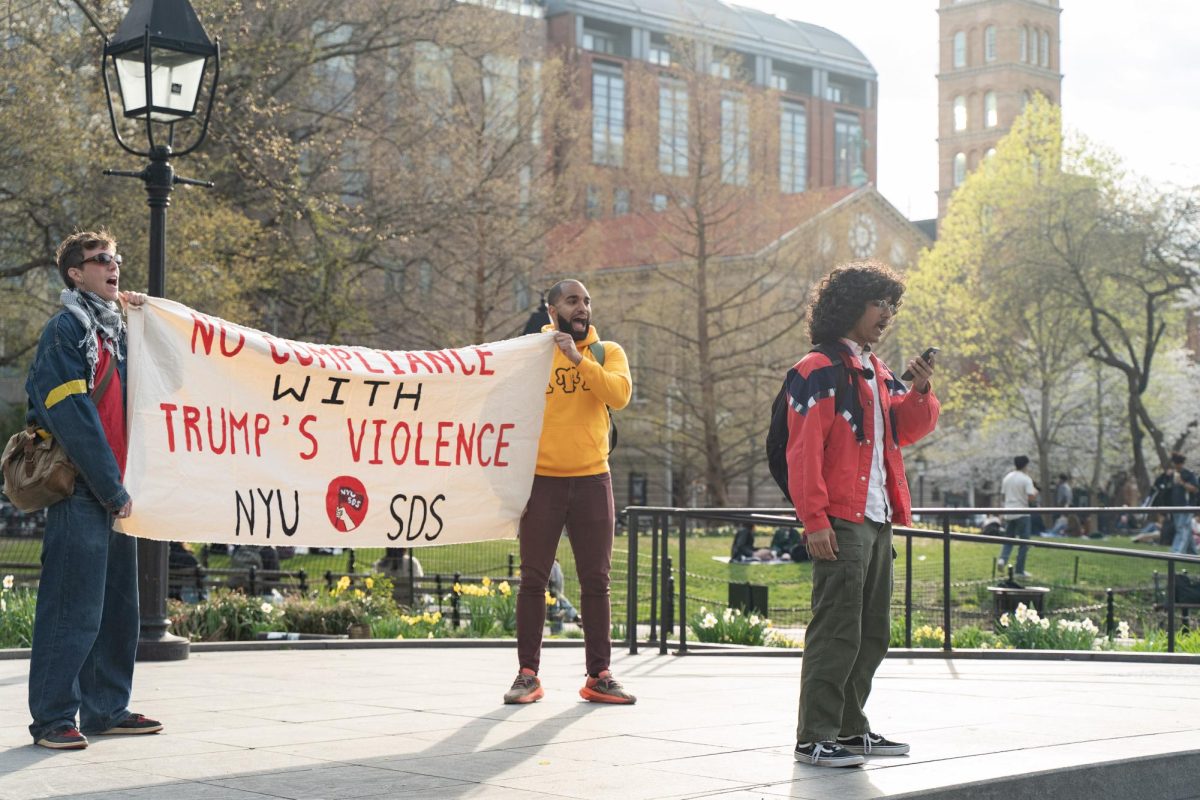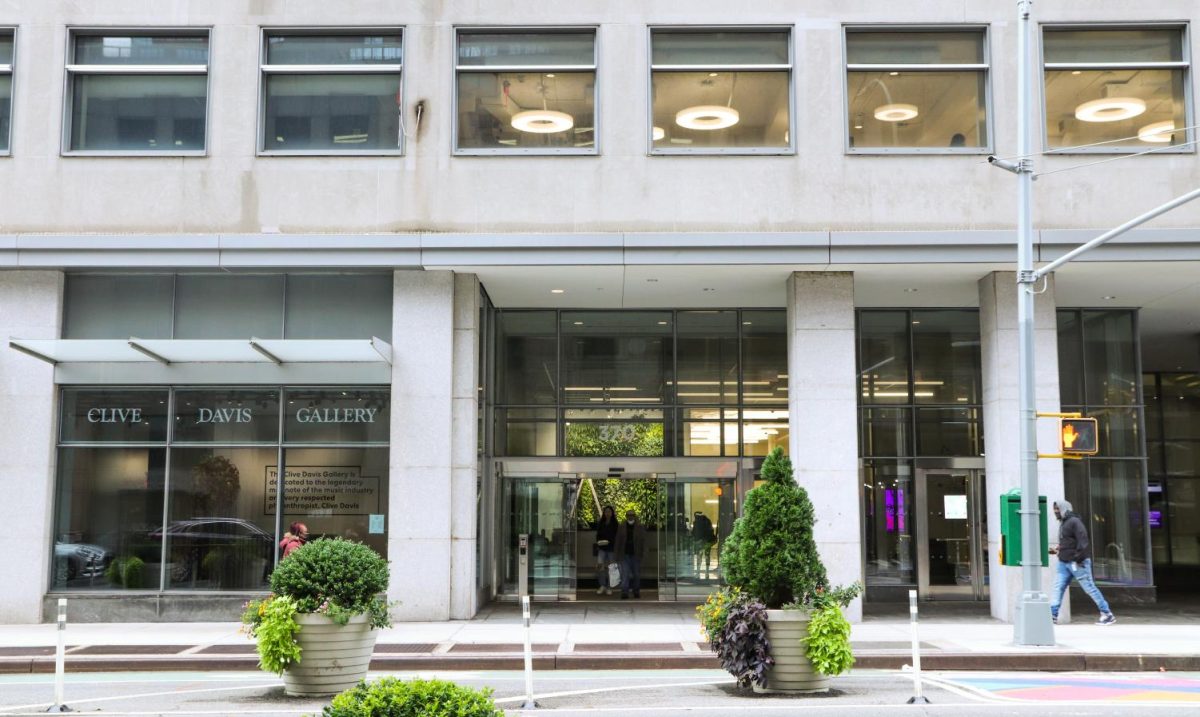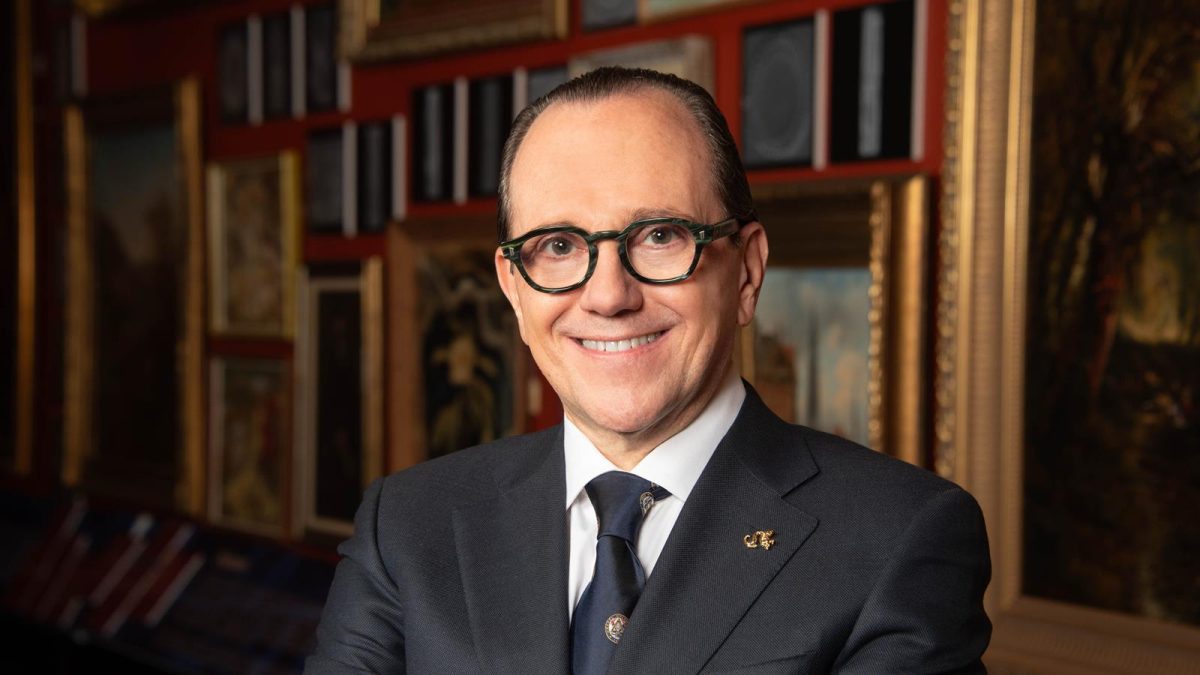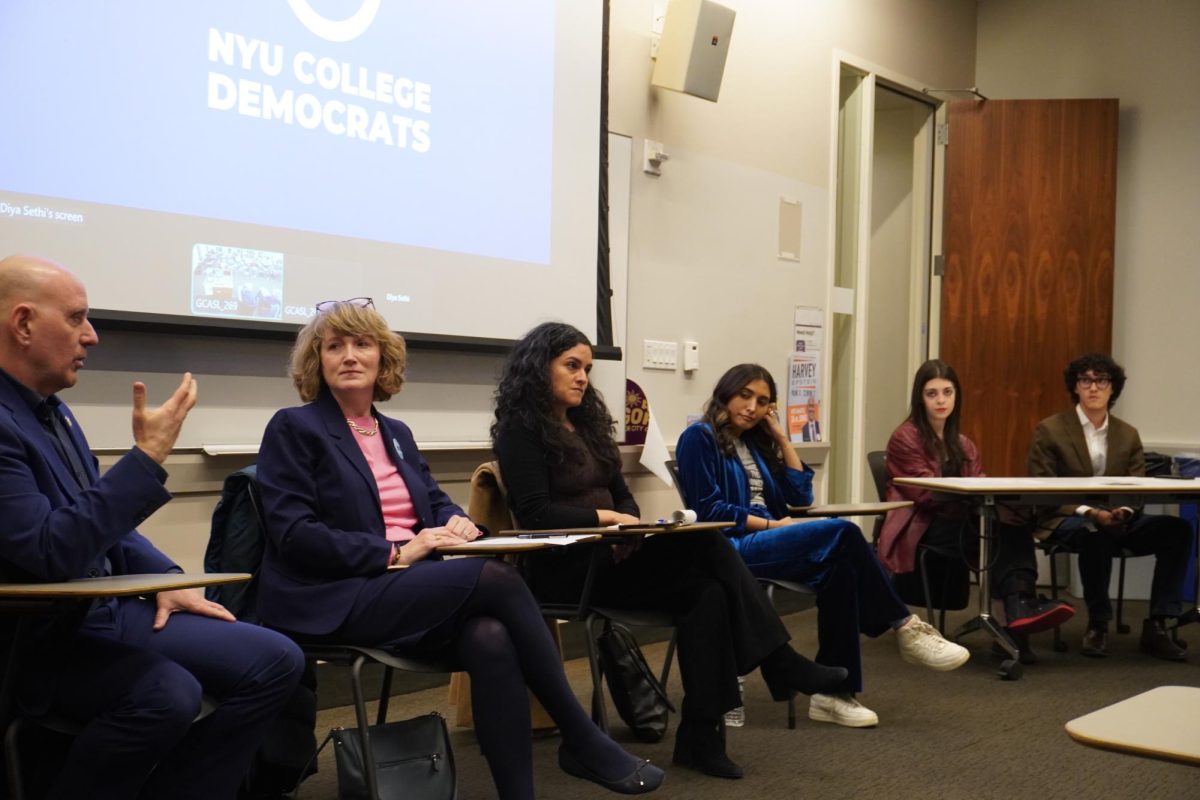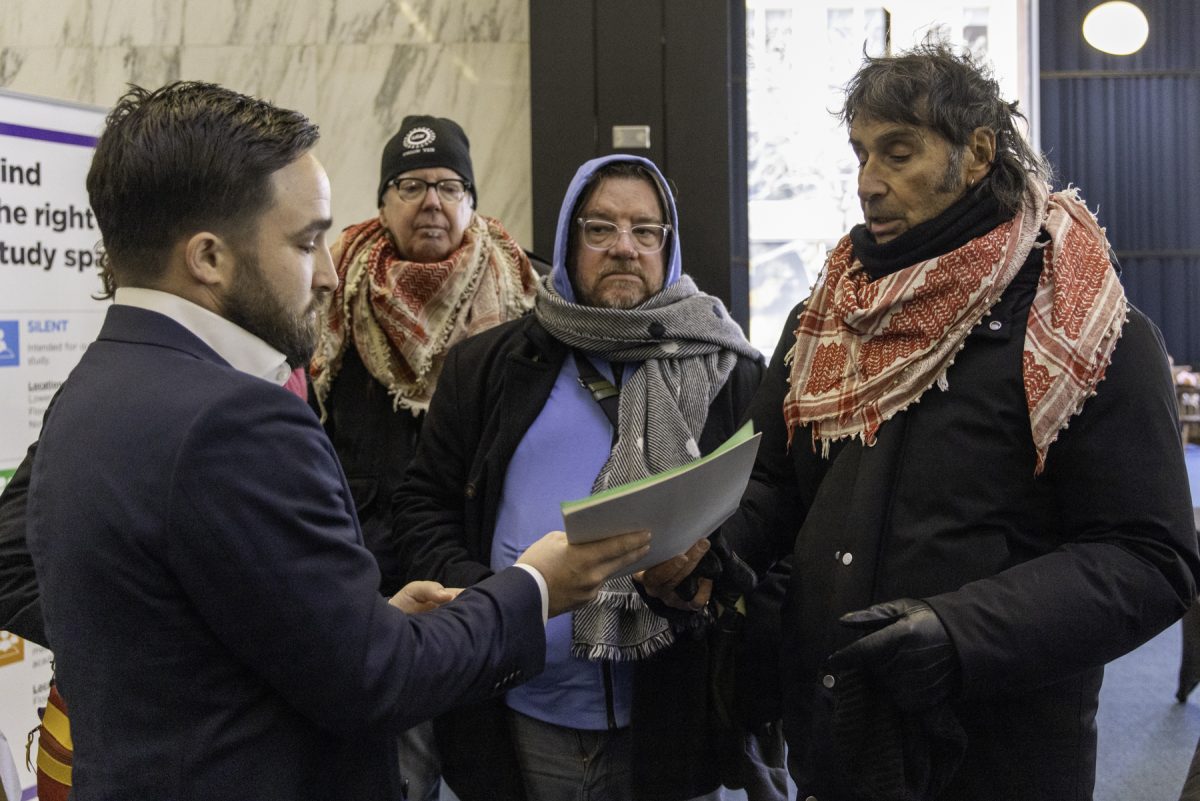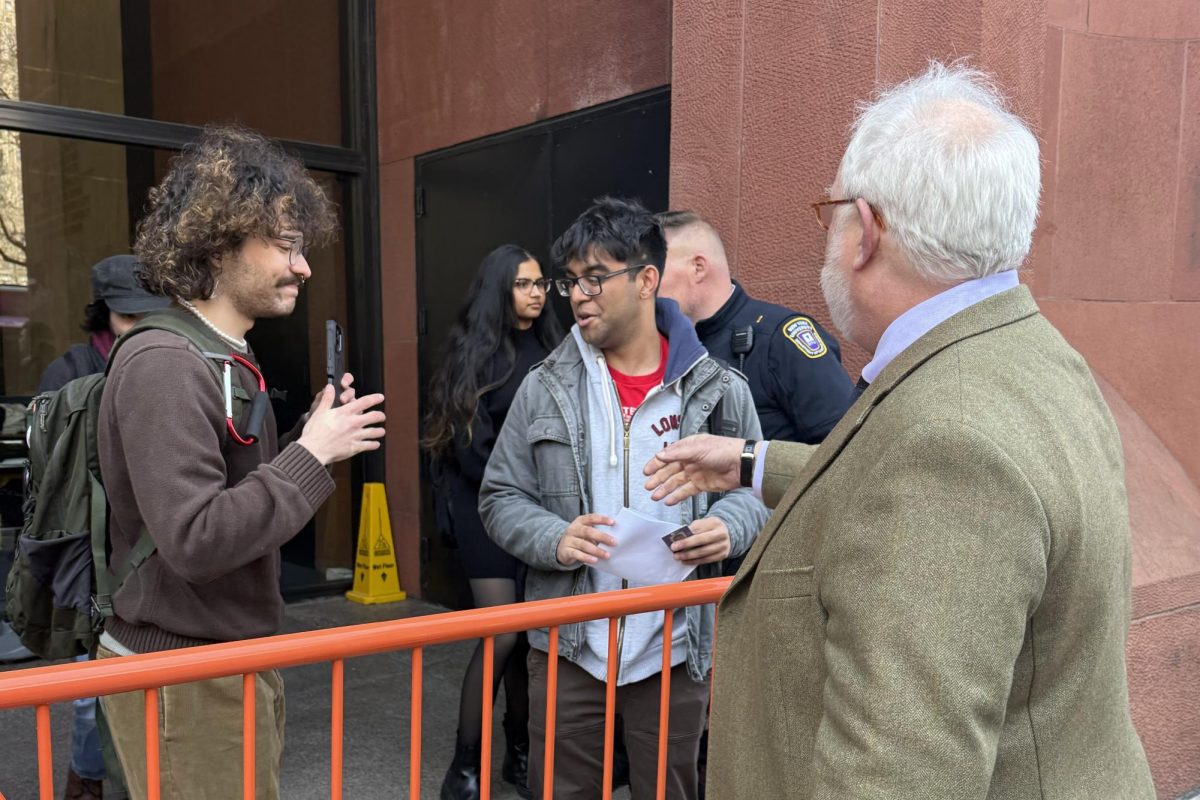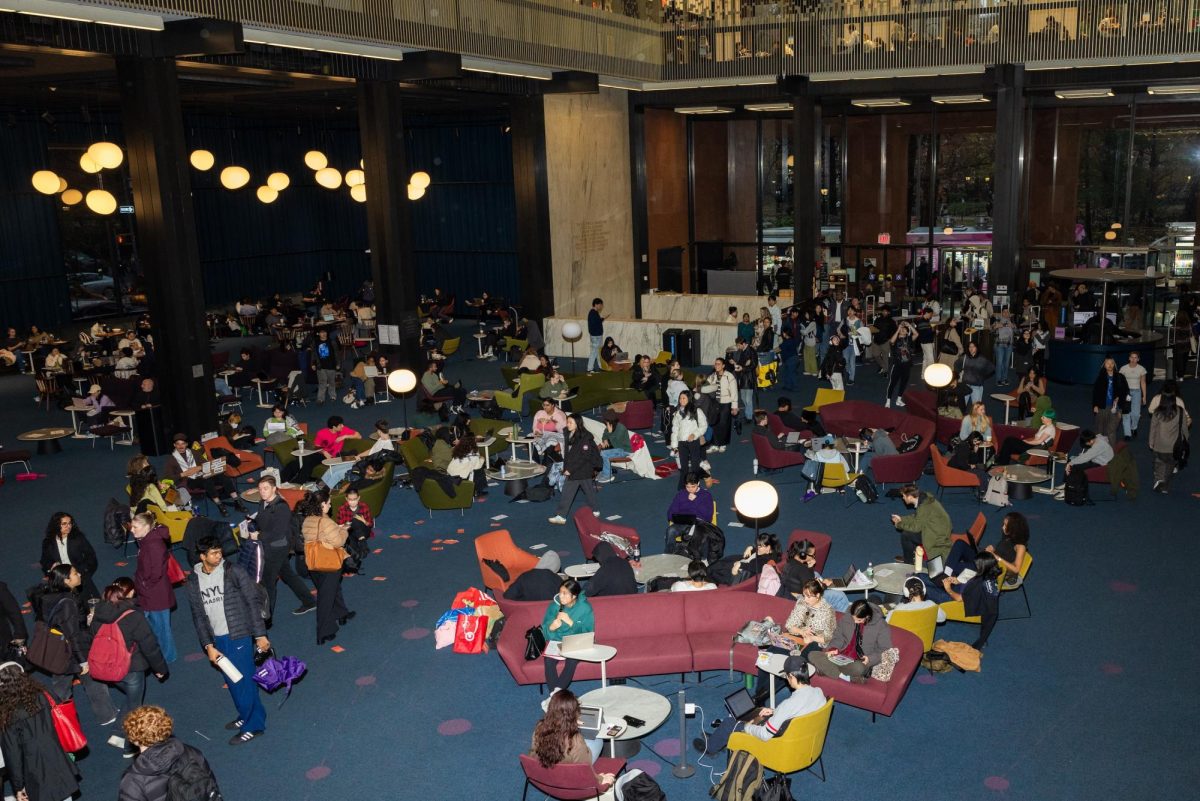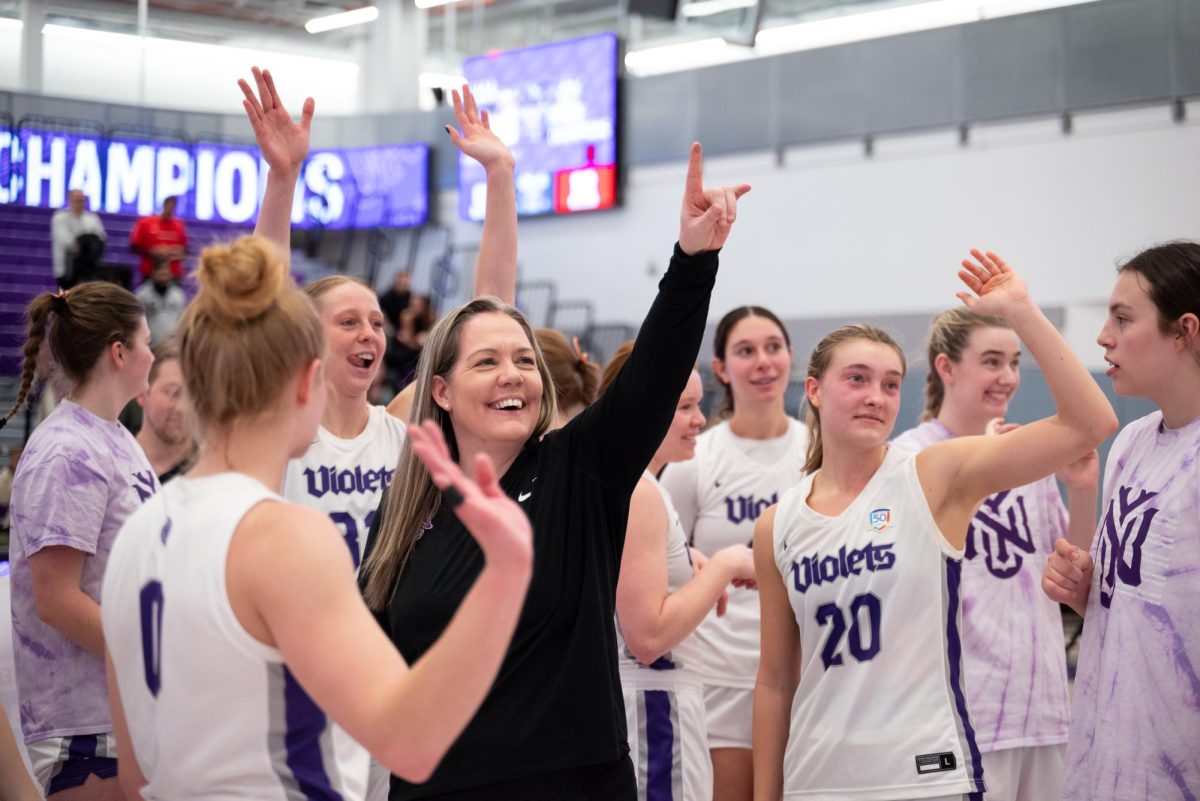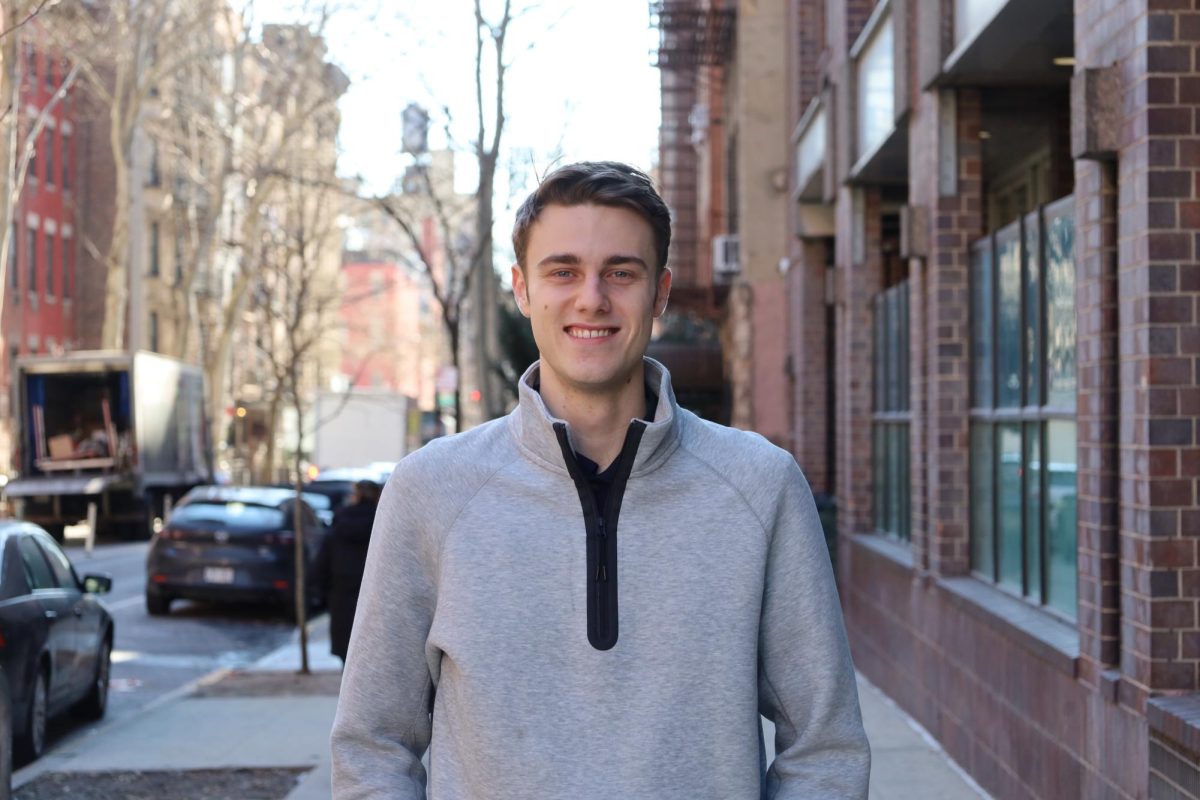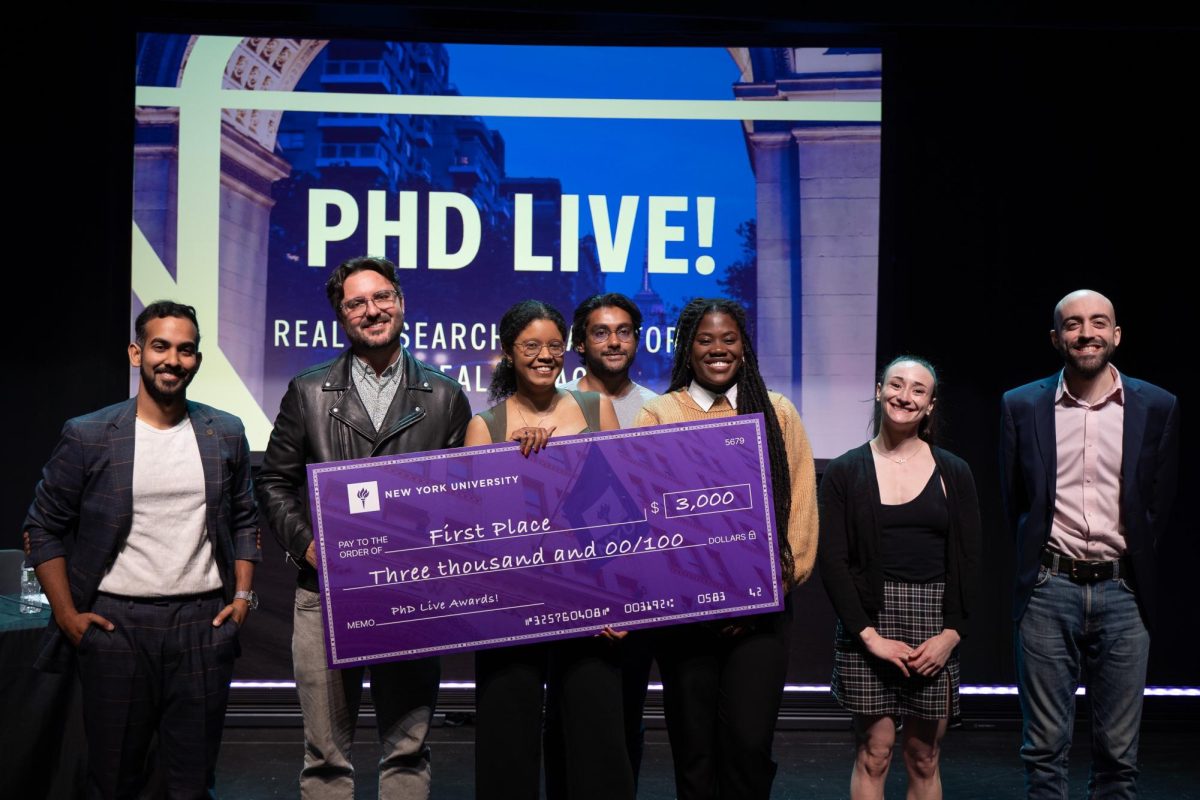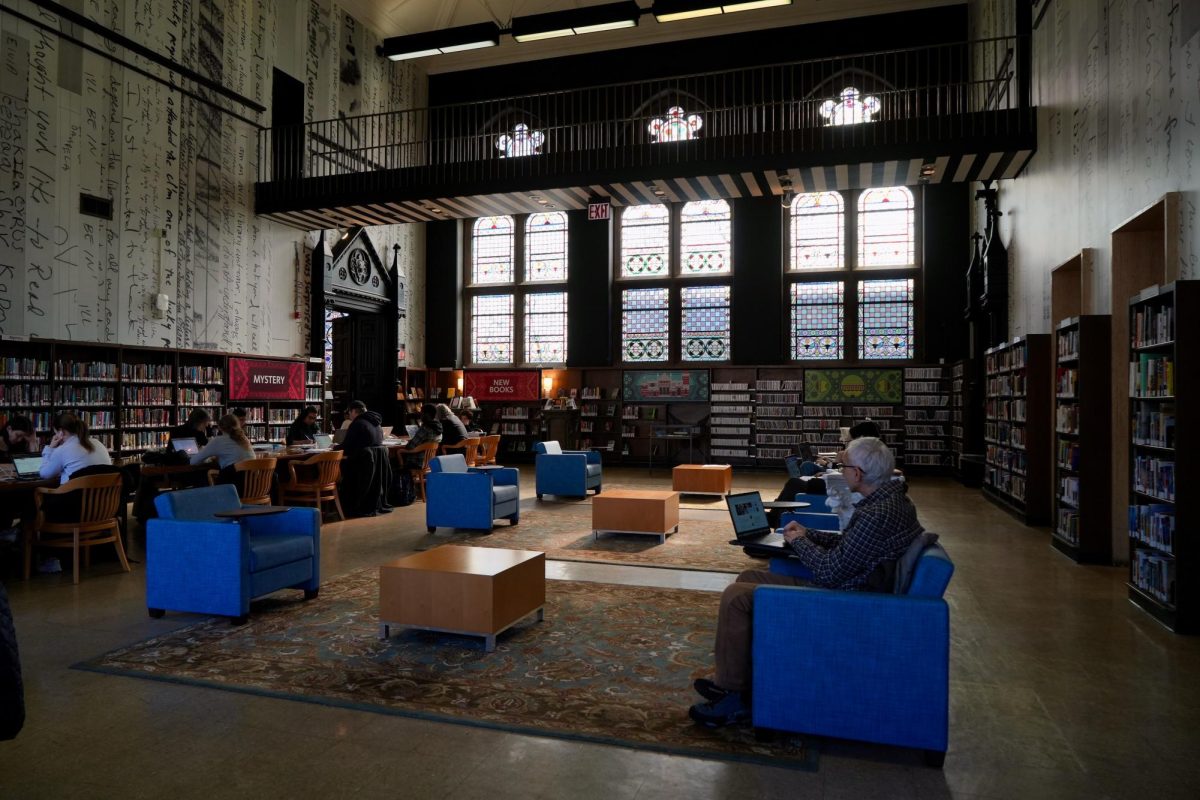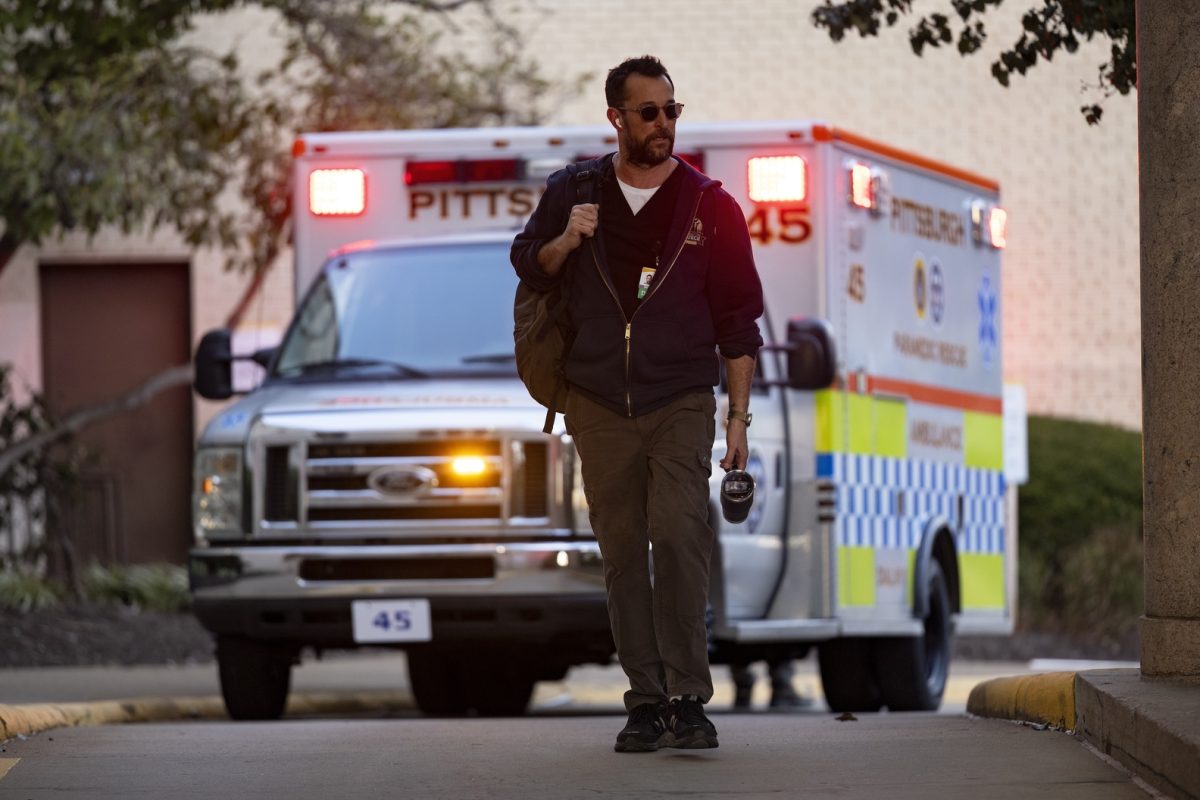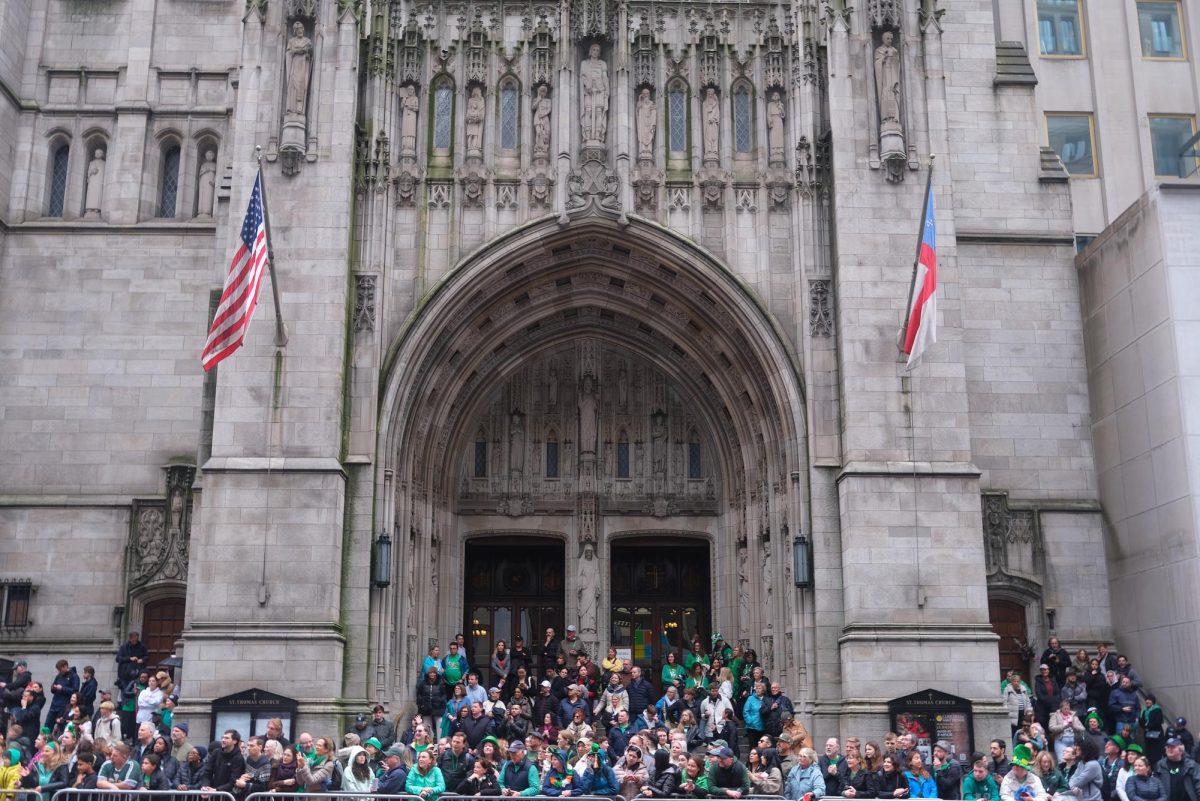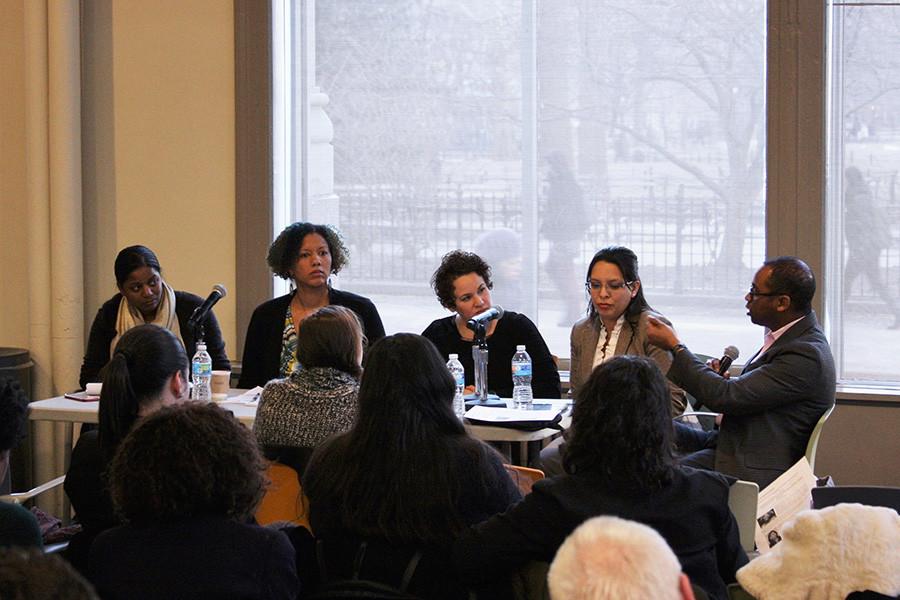Panelists analyze child care in NYC
Steinhardt’s Educational Leadership Program hosts a panel on the challenges of early childhood education in New York City.
March 24, 2015
In recognition of the challenges presented by a lack of funding in childhood care, leaders in early childhood care policies and Steinhardt Educational Leadership program hosted a panel to discuss child care in New York City on Monday.
Panel member Lorelei Vargas, the deputy commissioner for early care and education in the Administration for Children’s Services, said such conversations are part of a larger movement toward reform.
“It’s an exciting time because there’s a lot of commitment from the current administration to support early childhood development,” Vargas said. “It’s something new because we haven’t seen that in a long time.”
Last summer, Mayor Bill de Blasio organized the Cities of Opportunity Task Force, which focused on early childhood development.
Juliette Perez, a Steinhardt junior who attended the event, said the program has made a big difference in her toddler’s education, who is currently enrolled at a preschool on the Upper West Side for free in de Blasio’s funded pre-K program.
“Because I put her in early childhood education, she was able to be one of the few kids selected in her class to take the gifted and talented test that gives kids the opportunity to see if they are eligible to be enrolled at gifted and talented school,” Perez said.
Despite acknowledgement that early childhood education can change a child’s life, there are many challenges in reforming the system.
Panelist Grace Bonilla, the leader of the Committee for Hispanic Children and Families, said the funding problems stem from a lack of consideration for poor and minority families.
“We need an acknowledgement that not all providers and not all children are the same,” Bonilla said. “We need a culturally sensitive approach to how we treat providers and children.”
Maria Contreras-Collier, the executive director of Cyprus Hills Child Care Corporation, said she worries that lack of funding will drive good teachers away from childcare.
“I feel that we need to nurture the programs that we have and address the salary disparity of employees before expanding greatly because we need to take care of employees that have been doing an outstanding job,” Contreras-Collier said. “Every year we’re asking them to do more and they’ve gone nine years without a salary raise.”
Despite these challenges, Steinhardt professor Edward Fergus said such discussions represent progress toward finding a solution.
“What I’m excited by is that we recognize that this age bracket is so important for us to create a foundation,” Fergus said. “I was also excited to hear so many diverse voices on this panel.”
Steinhardt graduate student Maxime Roca said she is interested in the future effect of the changes.
“It made me think of early education in a different manner,” Roca said. “A lot of times we start these initiatives and programs, but as soon as leadership changes it falls through, so I would like to see something that has lasting sustainability.”
A version of this article appeared in the Tuesday, March 24 print edition. Email Amanda Morris at [email protected].

